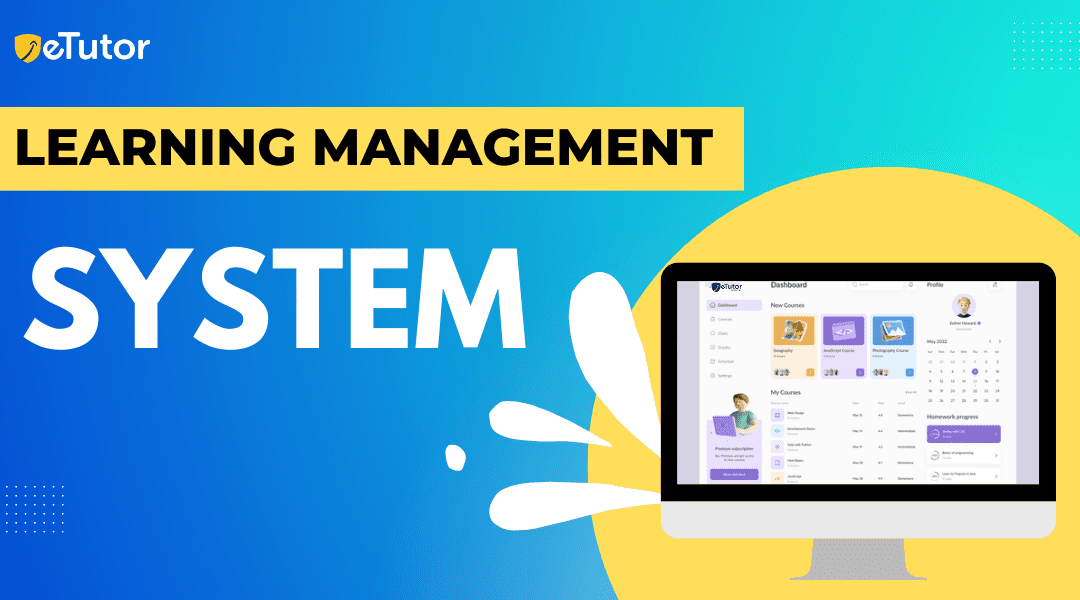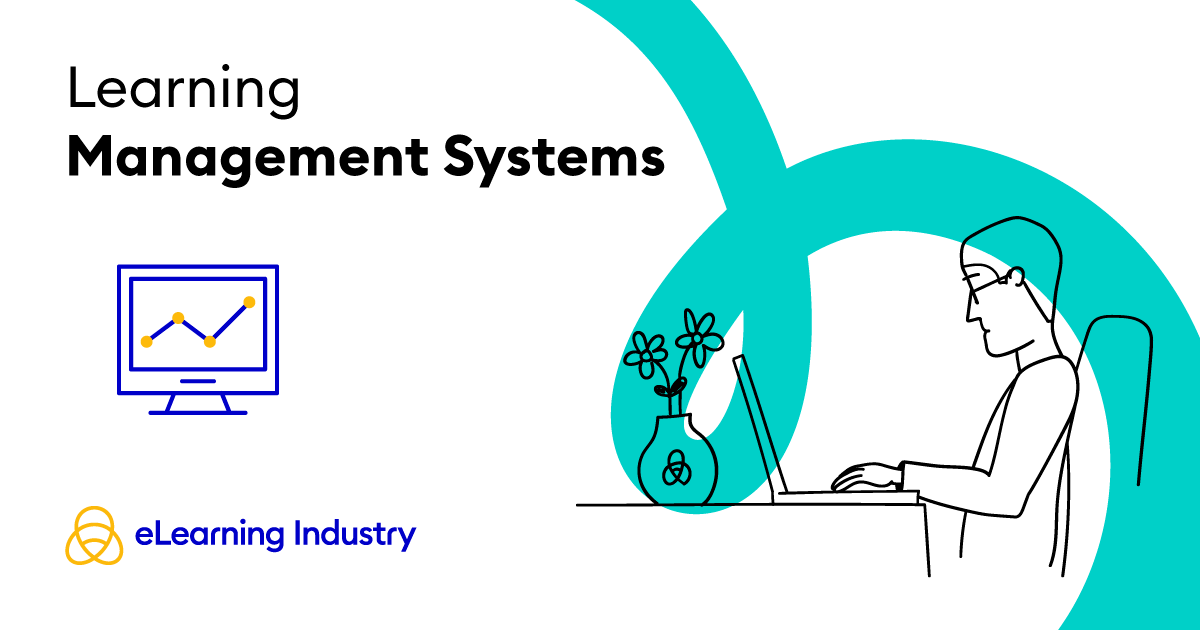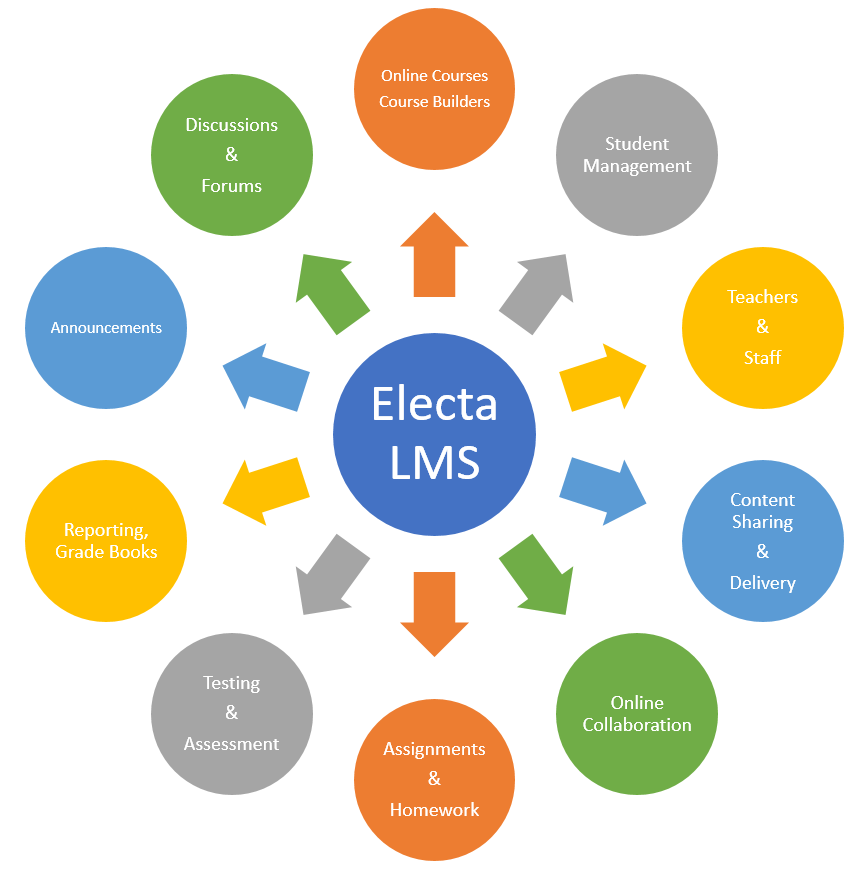Canvas Singapore: A Powerful Learning Management System for Educational Institutions
Canvas Singapore: A Powerful Learning Management System for Educational Institutions
Blog Article
Improve Education With a Leading Learning Administration System
In the ever-evolving landscape of education and learning, the fostering of a leading Knowing Monitoring System (LMS) offers a pivotal possibility to enhance processes and boost both training and finding out experiences. By automating management jobs and using tailored finding out paths, an effective LMS not only facilitates better engagement but likewise fosters an environment favorable to cooperation and inclusivity.
Benefits of a Knowing Monitoring System
A Learning Monitoring System (LMS) offers countless benefits that can considerably boost the academic experience for both educators and learners. Mainly, an LMS facilitates streamlined training course administration, permitting instructors to handle program materials, track student progress, and analyze performance successfully. This automation reduces the administrative problem on educators, allowing them to concentrate much more on mentor and trainee engagement.
In addition, LMS platforms sustain personalized discovering courses, suiting diverse learning designs and speeds. This adaptability promotes an extra inclusive setting, enabling learners to gain access to resources that best match their requirements. In addition, the accessibility of an LMS enables pupils to involve with course material anytime and anywhere, advertising self-directed learning and suiting numerous timetables.
One more significant benefit is the enhanced cooperation chances an LMS offers. Conversation online forums, group jobs, and peer analyses motivate communication among students, boosting their understanding via shared perspectives. Additionally, the data analytics functions of an LMS enable instructors to get understandings right into learner interaction and performance, educating training approaches and treatments.
Key Attributes to Search For

Following, robust coverage and analytics abilities supply valuable insights right into learner progress and interaction, permitting teachers to make data-driven decisions. Combination with other devices, such as material writing software program and interaction platforms, is additionally vital for enhancing performance and streamlining workflows.
Scalability is another crucial feature, guaranteeing that the LMS can expand alongside the establishment's needs, suiting a raising number of customers and content. Furthermore, mobile compatibility is vital in today's electronic landscape, making it possible for students to access instructional materials on various tools.
Finally, strong security measures must be in area to shield delicate information and keep compliance with instructional laws. By prioritizing these essential functions, organizations can select an LMS that supports effective training and learning results, ultimately boosting the instructional experience for all stakeholders involved.

Enhancing Trainee Interaction
Trainee interaction is a critical element in the success of any kind of instructional program, as it directly affects discovering end results and retention prices. A robust Discovering Management System (LMS) can play a pivotal function in enhancing pupil engagement with different cutting-edge functions.

Additionally, personalized understanding paths enable trainees to proceed at their own rate, providing to specific discovering designs and choices. This flexibility not just fosters a feeling of ownership over their understanding journey yet additionally maintains trainees spent and motivated.
Additionally, real-time comments mechanisms make it possible for instructors to check student efficiency and provide prompt support, further enhancing the finding out experience.
Execution Techniques for Organizations
Successful execution of a Discovering Monitoring System (LMS) calls for establishments to adopt a strategic approach that lines up technology with instructional objectives. To attain this, institutions must begin by conducting a complete requirements analysis to determine certain needs, making certain that the LMS will effectively deal with challenges faced in teaching and learning.
Following, appealing stakeholders-- professors, administrators, and trainees-- is vital for useful site cultivating a society of collaboration and assistance. Training sessions should be organized to equip customers with the needed skills to utilize the LMS successfully. Additionally, establishments should designate adequate sources, including time and budget plan, to help with a smooth change and ongoing upkeep.
Furthermore, developing a phased rollout strategy can aid minimize possible disruptions. Establishments can start with pilot programs to evaluate capability and collect comments prior to full-scale application. Constant evaluation and adaptation of the LMS based upon individual experience will even more boost its efficiency.
Last but not least, it is vital to communicate a clear vision of just how the LMS sustains pedagogical techniques, therefore encouraging buy-in from all celebrations included. By adhering to these methods, institutions can ensure an effective LMS application that ultimately enhances the educational experience.
Determining Success and End Results
Gauging the success and end results of a Discovering Monitoring System (LMS) is essential for establishing its influence on mentor and learning. This procedure includes the collection and analysis of quantitative and qualitative information to examine the effectiveness of the LMS in attaining educational objectives. Secret performance signs (KPIs) such as trainee involvement prices, course completion prices, and assessment ratings offer essential insights into individual communication and discovering outcomes.
Additionally, surveys and feedback mechanisms can capture the experiences of both students and instructors, supplying valuable perspectives on use, content significance, and total satisfaction. By triangulating these data resources, establishments can determine staminas and locations for improvement within the LMS framework.
Additionally, aligning LMS metrics with institutional purposes boosts liability and supports calculated planning. Inevitably, an organized method to measuring success and outcomes not only guarantees continual enhancement of the LMS however also cultivates a society of data-driven decision-making.
Conclusion
The assimilation of a leading Discovering Management System (LMS) substantially enhances instructional experiences by automating management tasks and supplying tailored learning chances. By promoting cooperation and inclusivity, a reliable LMS not just improves trainee involvement yet likewise drives basics better learning end results. Organizations need to prioritize the option and application of an LMS that lines up with their objectives, making sure durable analytics and interactive material are used to determine success and continuously boost the instructional atmosphere.
An Understanding Administration System (LMS) uses many these details advantages that can substantially improve the educational experience for both educators and learners.In addition, LMS systems sustain customized understanding courses, fitting diverse learning designs and speeds.Gauging the success and end results of a Discovering Administration System (LMS) is important for determining its effect on training and learning.The combination of a leading Knowing Administration System (LMS) considerably boosts academic experiences by automating management tasks and providing customized knowing chances. By cultivating cooperation and inclusivity, a reliable LMS not only boosts pupil involvement but also drives better knowing outcomes.
Report this page